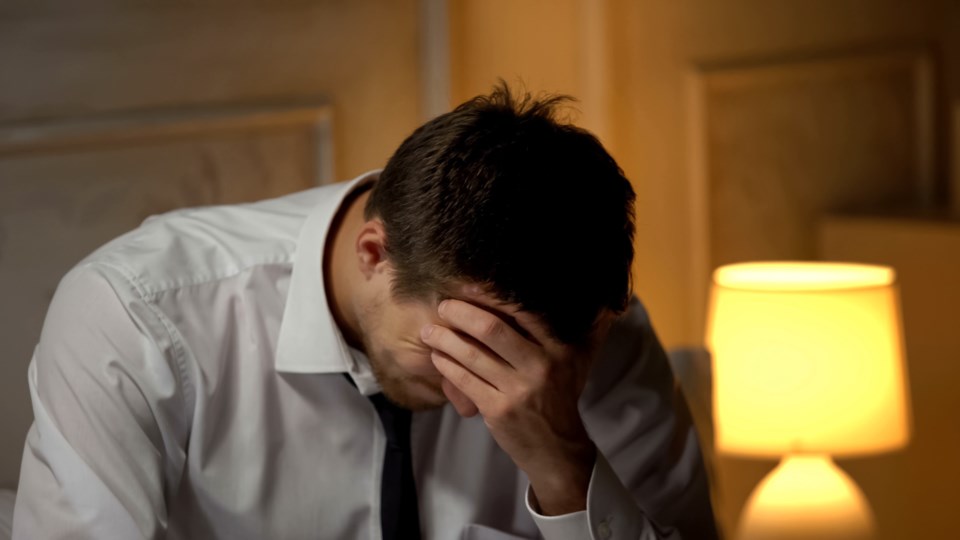After years of being buried underground, psychedelic drugs are getting some renewed attention as a potential treatment for depression and post-traumatic stress disorder.
Mental illnesses are destructive, can cause intense suffering to the victim and are costly and time-consuming to treat.
New research indicates that certain psychedelic drugs are extraordinarily effective in treating depression and PTSD, particularly when delivered in the form of microdosing.
What is microdosing?
Microdosing is a growing trend that involves ingesting a miniscule level of psychedelics such as LSD or psilocybin-containing magic mushrooms.
Canadian research studies have shown that microdosing can improve mood, focus and creativity while making recipients feel more confident and productive without the mind-bending side effects of a full dose. Microdosing psychedelics are found to effective as an anti-depressant as well.
The first clinical trials are showing some beneficial results of psychedelic-assisted therapies with severe forms of PTSD, for whom more traditional therapies have not worked. The expectation is that psychedelic drugs are poised to be the next major break through in mental health care.
Veterans are particularly difficult to treat with conventional evidence-based therapies. Researchers hope the results of this trial will help veterans suffering with PTSD and struggling with civilian life.
A recently published ground-breaking study found significant therapeutic benefits associated with psychedelic-assisted psychotherapy. It’s hoped that through a short course of microdosing psychedelics with psychotherapy, the horrific memories can become less vivid and the depression can be lifted.
Very simply, these substances through a psychotherapeutic intervention, enable people to change their thinking in a way that allows them to move past traumatic experiences.
While there can be negative side effects for some, including increased heart rate and blood pressure, flash backs and anxiety, the good news is that psilocybin, the compound in magic mushrooms is not addictive.
Psilocybin is a controlled substance in Canada that is being used in therapeutic trials and clinical settings only.
This area of medical advancements could potentially lead to transformative change for many people struggling with mental disorders.
This article has been sponsored by Dietrich Law Office. “Here with you, every step of the way.”
